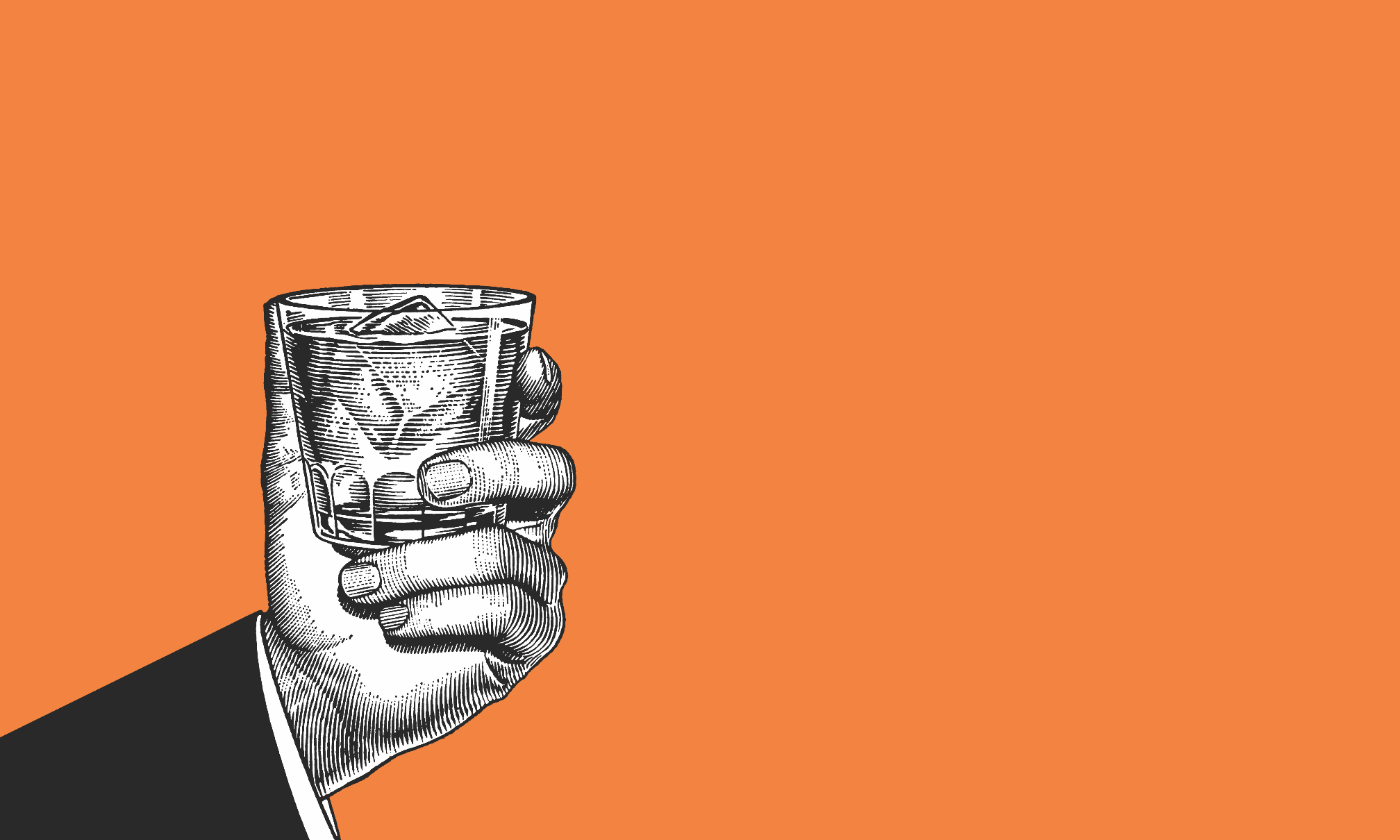Terry Maguire assesses the pros and cons of a ‘sin tax’, the post-Brexit landscape in terms of public health, and how pharmacists can make a real difference
Aside from his Brexit chicanery, Boris Johnson, the new UK Prime Minister, is currying favour with British Tories promising, among other things, to freeze and then review ‘sin taxes’. Over the past 20 years, taxes and duties have been applied to certain products to modify consumption. Levies on alcohol, tobacco and unhealthy foods have been introduced and have been shown to work in improving health.
Ironically, as Boris was deriding sin taxes as a tool to change behaviour during his prime ministerial leadership campaign, his party colleague Matt Hancock, Secretary of State for health, was asking the Chief Medical Officer Dame Sally Davis to report back with an extended list of ‘sin tax’ items.
Calling them ‘sin taxes’ only serves to give them a bad name, but here are the facts. Tobacco use has fallen to 14 per cent of the population of England, from 85 per cent of men in the 1950s, which of course is not just down to the duty on cigarettes, but a combination of initiatives such as public education, brief interventions from GPs and pharmacists, smoking in public places legislation and plain packaging. However, the cost of cigarettes is central to this and is strongly correlated with the likelihood of stopping smoking. A sugar tax in Mexico five years ago reduced consumption of sugary drinks by 20 per cent. A minimum pricing scheme for alcohol in Scotland has reduced dangerous alcohol consumption in target groups by 40 per cent. So why try to overturn this policy direction?
UK Tories seem impressively and surprisingly liberal when it comes to pleasure consumption. Alcohol, sugar and nicotine together produce most of the health inequalities in the UK. From over-consumption of these three items, we get diabetes, COPD, heart disease and cancers. Modifying behaviours, reducing consumption, changing lifestyles is difficult. Restricting access by removing the product or making it more expensive is an effective tool.
Tobacco use has fallen to 14 per cent of the population of England from 85 per cent of men in the 1950s, which of course is not just down to the duty on cigarettes, but a combination of initiatives such as public education, brief interventions from GPs and pharmacists, smoking in public places legislation and plain packaging…
Irrationally, if not satirically, Mr Johnson pleads that sin taxes disproportionately affect the poor and for this reason, he deems them unfair. But then again, sin taxes also restrict the profits of big business.
Of course, sin taxes will only deliver some change, and a menu of interventions properly supported is more likely to delivery meaningful and sustainable change, and this is where the pharmacist comes in.
N Ireland community pharmacy has now been put onto the front line in supporting behaviour change. A new contract implemented in the current year pays pharmacies to intervene using brief intervention techniques designed to encourage people to make effective changes in their lives. Every two months, a different lifestyle or behaviour is promoted and pharmacies provide leaflets and posters, but more importantly, proactively advise clients. The first campaign was on care in the sun and ran for two months, from June to the end of July.
Given the indifferent weather this summer, it only kicked-off late in July, but we did give plenty of advice and it seems to have improved my sales of sunscreen.
The next two-month focus is on obesity. We are providing tape measures for waist measurement and we are currently getting refreshed on the facts and figures of obesity and believe me, they are not pretty. October-November will focus on keeping well with cold and flu.
December-January will focus on antimicrobial stewardship, and February-March considers mental health. It’s a great idea and pharmacies are expected to keep a short record of interventions. What is clear from the evidence is that brief interventions, when undertaken using motivational interviewing techniques, are effective in supporting effective and sustainable change. Of course, this will only be part of the overall activity, of which sin taxes will remain an important aspect.
Looking specifically at obesity, many factors conspire to expel us from the normal weigh category into the overweight category, and then into obesity. It seems we have great difficulty making healthy choices in our current obesogenic environment when it comes to food and exercise.
Government, since Boris Johnson has taken control, is at risk of sending mixed messages, such as a rejection of ‘sin taxes’.
As we head towards a post-Brexit Britain, led by people like Boris, we are beginning to see what it will look like to live in a UK that is outside the EU, and it’s looking more and more like overweight America. ?







